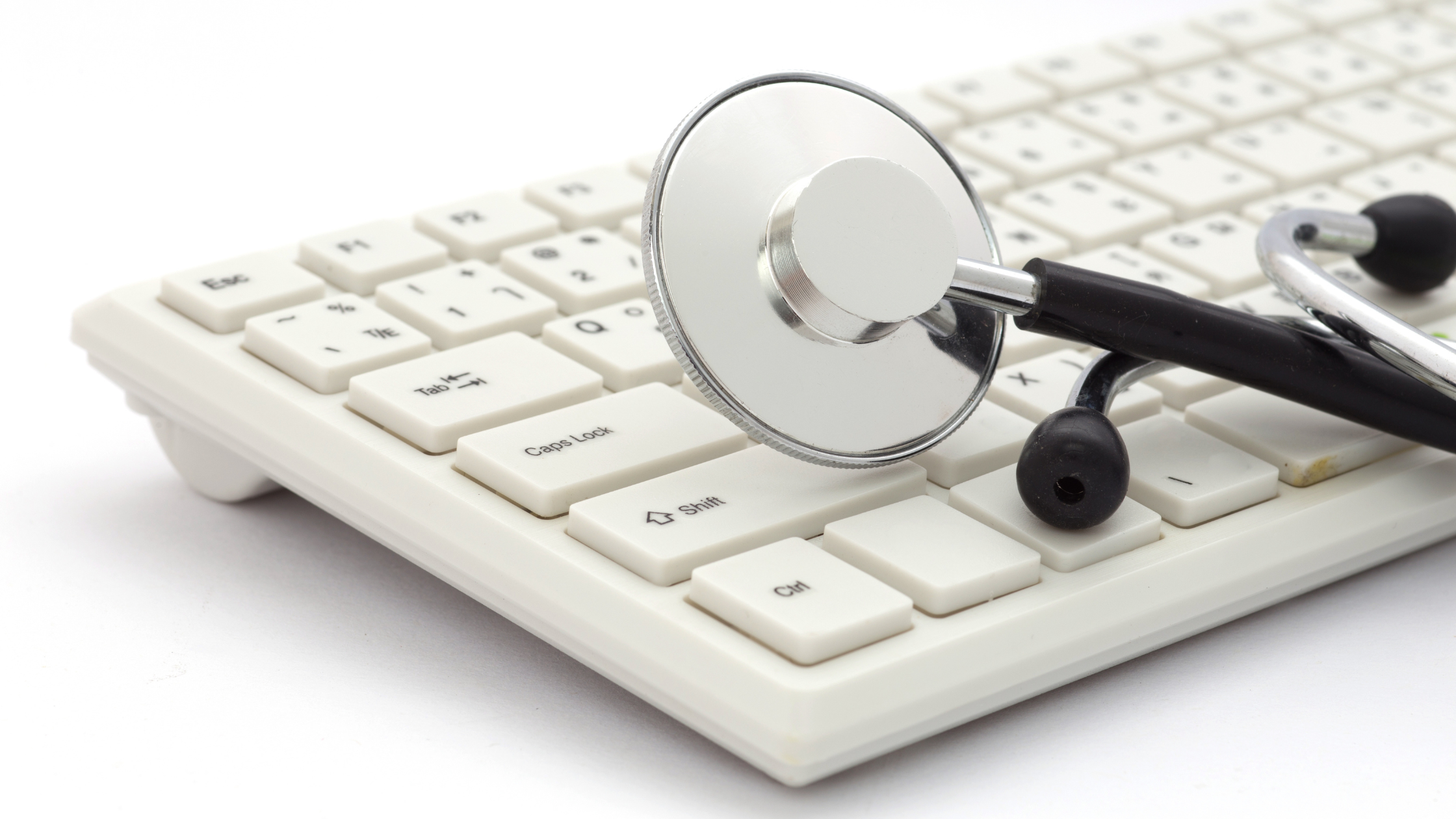After working with behavioral health clinics across the U.S., one thing has become very clear:
Most revenue loss doesn’t come from lack of demand—it comes from preventable billing mistakes.
This is especially true for clinics on the West Coast, where payer rules, behavioral health carve-outs, and telehealth policies change constantly.
These issues don’t just impact revenue. They increase audit risk, burn out staff, and pull providers away from what matters most—client care.
Here are the six billing mistakes I see most often and why they matter.
1. CPT Codes Don’t Match the Documentation
Using the wrong CPT code—or failing to stay current—leads to denials, downcoding, and unnecessary audits. This is one of the fastest ways clinics lose money without realizing it.
2. Documentation Doesn’t Fully Support Medical Necessity
Even clinically appropriate care can be denied if notes, treatment plans, or signatures are missing.
In states like California and Washington, audits make this risk even higher.
3. Providers Aren’t Fully Credentialed Before Seeing Clients
I regularly see clinics providing care before payer enrollment is complete—only to find out later that those claims will never be paid.
That’s lost revenue you can’t get back.
4. Benefits Are Assumed Instead of Verified
Behavioral health benefits vary widely—even within the same insurance company.
When session limits, authorizations, or deductibles aren’t verified upfront, clinics pay the price later.
5. Denied Claims Aren’t Followed Up
Many clinics don’t have the time or systems to track and appeal denials.
Over a year, those “small” write-offs can quietly turn into tens of thousands of dollars.
6. Telehealth Modifiers and POS Codes Are Incorrect
With telehealth now standard, missing modifiers or incorrect place-of-service codes remain a major source of avoidable denials.
What This Really Costs Clinics
Beyond lost revenue, these issues cause:
• Staff burnout
• Provider frustration
• Compliance risk
• Limited growth
I’ve seen excellent clinicians struggle—not because of care quality, but because their billing systems weren’t supporting them.
My Take
Most of these problems are not clinical issues.
They’re systems issues—and they’re fixable.





